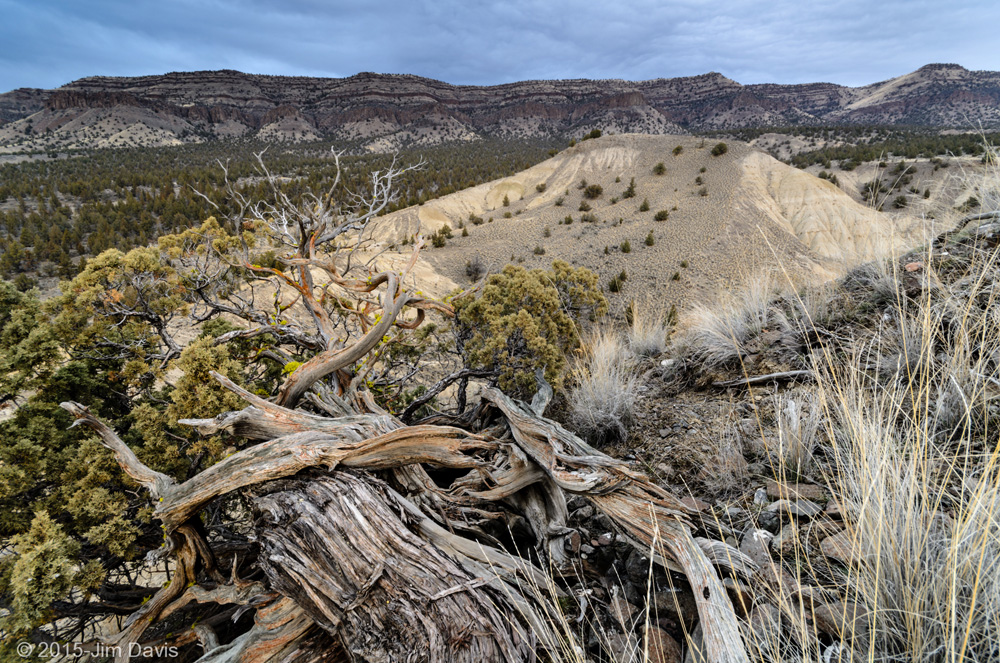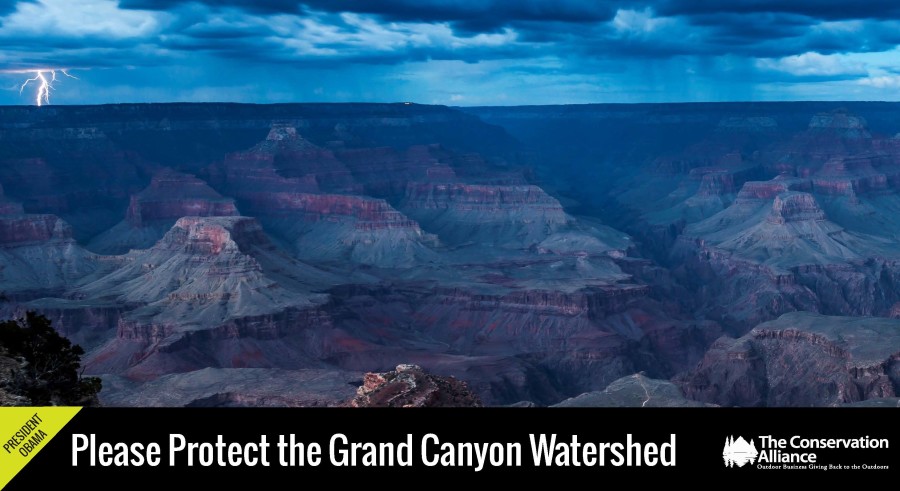
Over the past month, many people have asked me whether the illegal takeover of the Malheur National Wildlife Refuge in Oregon has an impact on conservation and outdoor recreation. The quick answer is “yes”. The militants are giving voice to the misguided — and unconstitutional — notion that our federal lands should be transferred to the states in which they lie. Our public lands are important for wildlife habitat, and are crucial “infrastructure” for hiking, backpacking, climbing, mountain biking, paddling, skiing, mountaineering, fishing, birding, and hunting. Federal management of these lands is not perfect, but it ensures at least two important things. First, that these lands will forever be held in trust for all Americans. And second, that they will be managed in a consistent way such that rules and regulations that impact the outdoor recreation experience in Oregon will be similar to that in Montana, for example. It’s easy to take these things for granted, but if the militants’ agenda were implemented, it would totally change our relationship to our public lands. (It’s worth noting that, as reported recently in The Oregonian, the militants’ demands “defy logic and law.”)
In the bigger picture, the situation at the Malheur Refuge invites us to ask what is the best use of America’s public lands. Outdoor recreation contributes $646 billion annually to the US economy, and public lands are a big part of that story. At the same time, countless studies demonstrate that protected public lands are an important economic driver for communities near those lands. My favorite of those studies is called West is Best, by Headwaters Economics. Long ago, people thought logging, mining, grazing, and oil and gas drilling was the best use of our public lands. Now, it’s clear that recreation and tourism is a much more lucrative and sustainable economic model. The small town of Oakridge, Oregon — once wholly dependent on logging — has successfully turned itself into a Mecca for mountain biking. Though mountain bike tourism accounts for five percent of the local economy, several business owners expect that number to grow over time. Meanwhile, logging on National Forests around Oakridge is likely to continue to decline. The militants on the Malheur Refuge are looking to the past, when stronger economies lie in a future in which public lands are preserved and managed for habitat and recreation.
Finally, the militants represent the lowest level of public engagement. Armed with firearms and loud voices, they are trying to bully their way to getting what they want. By contrast, The Conservation Alliance funds dozens of organizations who work hard, sometimes for years, following the rules and behaving with common decency to secure better management of our public lands. This work is not sexy and does not attract hordes of media, but it leads to lasting protection for the lands that the federal government manages for all of us. We’re proud to be associated with these organizations, and are confident they will remain standing strong long after the Malheur occupiers are in prison.


